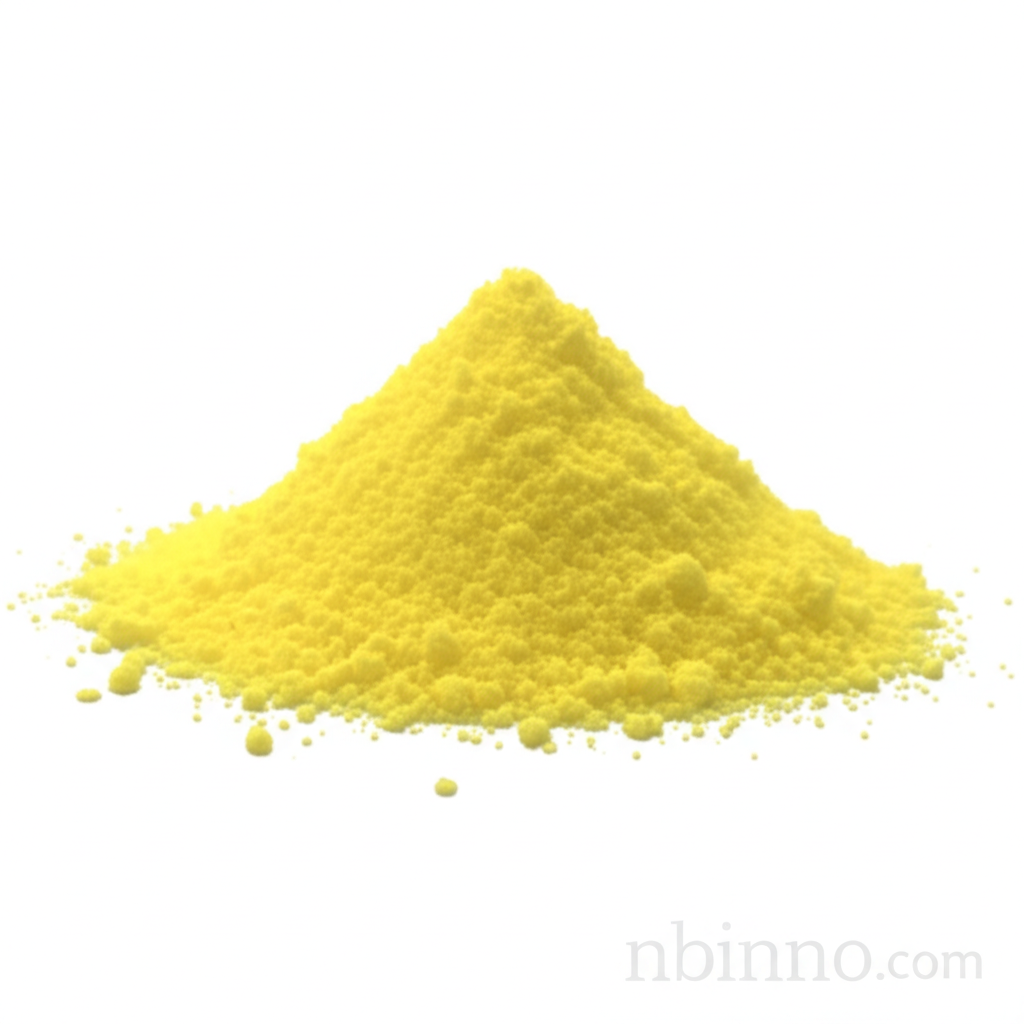Enhance Your Rubber Performance with 4-(2-Benzothiazolyldithio)morpholine
Discover the key to superior rubber products. Explore the properties and applications of this vital chemical.
Get a Quote & SampleUnlocking the Potential of Benzothiazole Derivatives

4-(2-Benzothiazolyldithio)morpholine
This compound is a critical component in modern material science, particularly recognized for its role as a moderate accelerator in rubber vulcanization. Its unique chemical structure contributes to enhanced cross-linking processes, leading to improved durability and performance in a wide array of rubber applications, from industrial seals to automotive components.
- Discover the benefits of using 4-(2-Benzothiazolyldithio)morpholine as a rubber vulcanization accelerator to optimize your product's elasticity and strength.
- Explore the CAS 95-32-9 chemical properties that make this compound an effective solution for demanding rubber applications.
- Learn about the potential antioxidant properties of benzothiazole compounds and how they can be leveraged in various industries.
- Understand why 4-(2-Benzothiazolyldithio)morpholine is a preferred choice among rubber industry chemicals for achieving superior product quality.
Key Advantages for Your Industry
Optimized Vulcanization
Leverage the capabilities of this compound as a rubber vulcanization accelerator to achieve precise control over the cross-linking process, ensuring consistent and high-quality rubber products.
Enhanced Material Durability
Benefit from the improved mechanical properties and longevity imparted to rubber materials through the use of specialized rubber industry chemicals like this benzothiazole derivative.
Versatile Chemical Intermediate
Explore its role beyond rubber, considering its potential as a pharmaceutical intermediate development aid, capitalizing on its unique chemical structure.
Key Applications
Rubber Manufacturing
As a premier rubber vulcanization accelerator, it's essential for producing high-performance tires, belts, hoses, and seals that require excellent elasticity and durability.
Material Science
Its function as a stabilizer in polymer formulations enhances the longevity and resilience of materials used in demanding environments, showcasing its value in polymer chemistry.
Pharmaceutical Research
Researchers are investigating its potential in drug discovery, particularly for its antioxidant properties of benzothiazole compounds, aiming to develop new therapeutic agents.
Analytical Laboratories
It finds application as a reagent in analytical chemistry, useful for detecting and quantifying metal ions, contributing to quality control and environmental monitoring.
